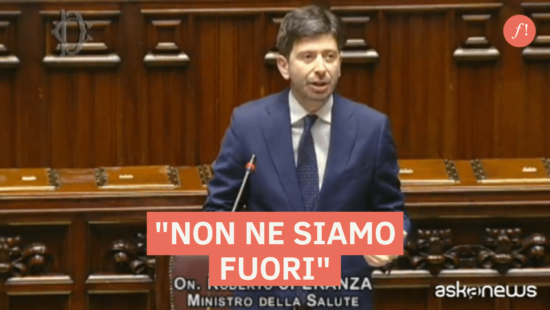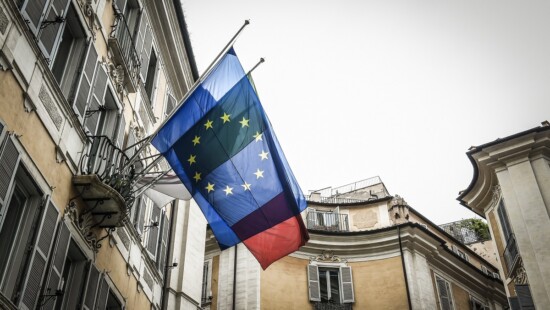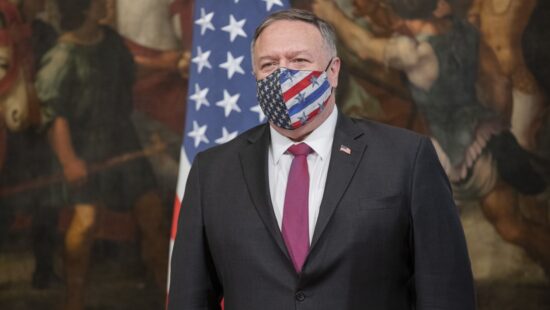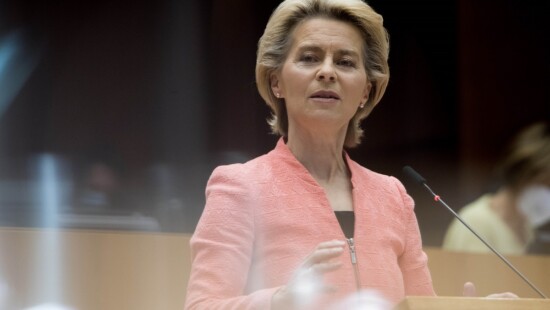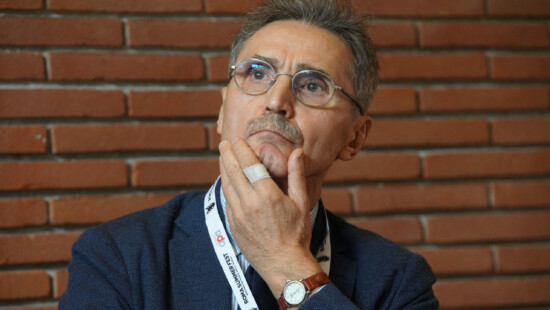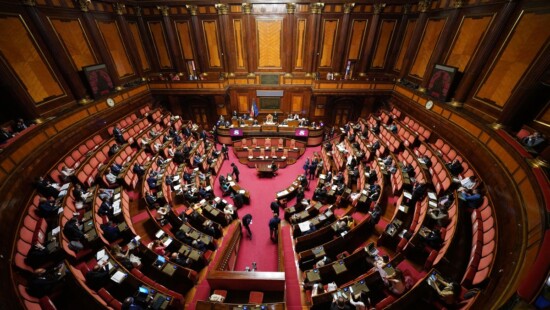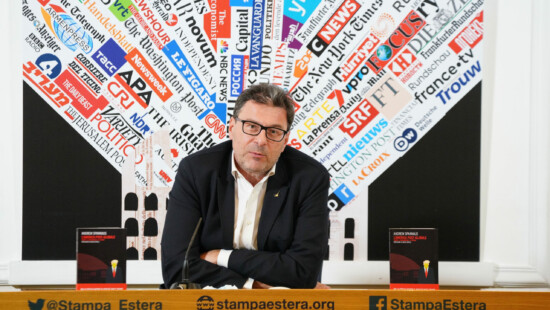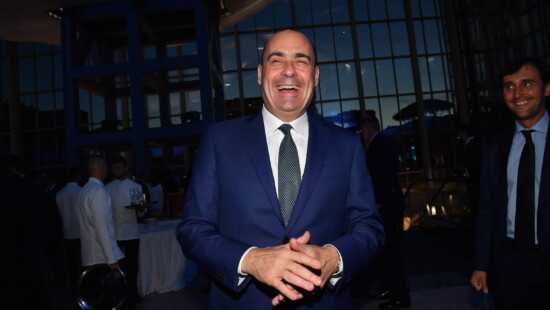Coronavirus, Speranza: "L'Italia sta meglio di altri ma non ne siamo fuori" [embedyt] https://www.youtube.com/watch?v=EdVZ0qQahyE[/embedyt] Roma, 6 ott. (askanews) - "L'Italia sta meglio rispetto ad altri Paesi europei, insieme alla Germania è quello che sta reggendo meglio la seconda ondata: ma non dobbiamo farci illusioni, sarebbe sbagliato pensare che ne siamo fuori". Va dritto al punto il ministro della Salute, Roberto…
Archivi
Perché è urgente rifondare un nuovo europeismo
Il coinvolgimento dei cittadini europei sarà decisivo per il futuro dell’Europa, rifondando l’europeismo, ripartendo dai principi costituzionali comuni ai Paesi europei, e in primis la dignità della persona umana. Pubblichiamo un estratto della prefazione del libro di Mario Di Ciommo, Urgenza europea. Riscoprire l’idea di Europa, oltre la crisi, San Paolo edizioni, firmata da padre Francesco Occhetta
Sfida a Pechino. Pompeo rilancia l'asse con Australia, Giappone e India
Il segretario di Stato americano Mike Pompeo ha annunciato di voler formalizzare e potenzialmente ampliare il dialogo sulla sicurezza del formato Quad che vede coinvolti, oltre agli Stati Uniti, Giappone, India e Australia. “Una volta che avremo istituzionalizzato quello che stiamo facendo — noi quattro insieme — possiamo iniziare a costruire un vero quadro di sicurezza”, ha detto da Tokyo intervistato…
Il Fondo Nuove competenze e il ruolo dell’Europa
Fino alla scadenza del 31 dicembre 2020 i datori di lavoro interessati ad accedere al Fondo nuove competenze e istituito dal decreto Rilancio e rifinanziato dal decreto Agosto per un totale di 730 milioni di euro, potranno sottoscrivere gli accordi con i sindacati per rimodulare l'orario di lavoro dei propri dipendenti e coinvolgerli in percorsi di formazione. Inoltre il fondo potrà…
Il Covid, gli italiani e il contante. La fotografia di Swg
Forse, alla fine, banconote e monete rimarranno solo un ricordo. E chissà che non sia paradossalmente merito della pandemia, senza considerare che proprio ieri l'Italia ha salutato la nascita del campione nazionale dei pagamenti elettronici, frutto della fusione tra Sia (Cdp) e Nexi (qui l'articolo con tutti i dettagli dell'operazione). Ne sono più che convinti gli analisti di Swg, per i…
Tutti pazzi per la Cdu. Fabbrini spiega la corsa di M5S e Lega verso il Ppe
Ich bin ein Berliner. Sarà un caso che gli (ex?) euroscettici italiani, dalla Lega al Movimento Cinque Stelle, cerchino sottovoce di aprire un dialogo con la Germania madre e madrina dell’Ue che volevano ribaltare solo un anno fa? No, non è un caso, dice a Formiche.net Sergio Fabbrini, politologo, direttore del Dipartimento di Scienze politiche alla Luiss, in libreria con…
Phisikk du role - Smart working in Parlamento? Cosa dice la Costituzione
Palazzo Madama chiude per lavori di sanificazione dopo il contagio conclamato di due senatori in piena attività di relazioni sociali e scambi umani. Alla Camera non si raggiunge il numero legale per approvare la risoluzione di maggioranza sulla relazione in aula del ministro della Salute Roberto Speranza. Le opposizioni festeggiano, interpretando l’evento politicamente, come fosse una crepa nella granitica coesione della…
Non si vive in trincea. Il monito di Giorgetti a Salvini (via Trump)
“Quando il populismo va al governo, può governare veramente? Credo di no”. Giancarlo Giorgetti soppesa sempre le parole. Il vice della Lega sa di essere un attenzionato speciale. Quando parla lui, scorre automatico un fiume di retroscena e analisi alla ricerca di un cenno, una chiave di lettura. È il prezzo per essere il Richelieu del segretario Matteo Salvini, il…
Rottura? No, Movimento. Il duo Casaleggio-Di Maio secondo Agea (M5S)
Il Movimento Cinque Stelle litiga, si arrabbia, cresce, “ma questo non è un male”. Laura Agea, senatrice, sottosegretario agli Affari Europei, già capodelegazione dei pentastellati al Parlamento Ue, parla con calma serafica. Ma va di fretta, “fra poco devo stare a Palazzo Madama”. Agea, non mi dica che anche lì manca il numero legale come alla Camera. Ma no, alla…
Zingaretti porta a casa i ballottaggi ma a Roma... La bussola di Ocone
Il segnale che ha mandato la tornata di ballottaggi in vari comuni di domenica e lunedì scorsi è molto più preciso di quello uscito due settimane fa dalle regionali. In quel caso, tutti potevano gridare vittoria, a torto o a ragione (i Cinque Stelle più a torto visto che avevano dovuto poggiare la loro soddisfazione, in modo spurio, sul contemporaneo…




